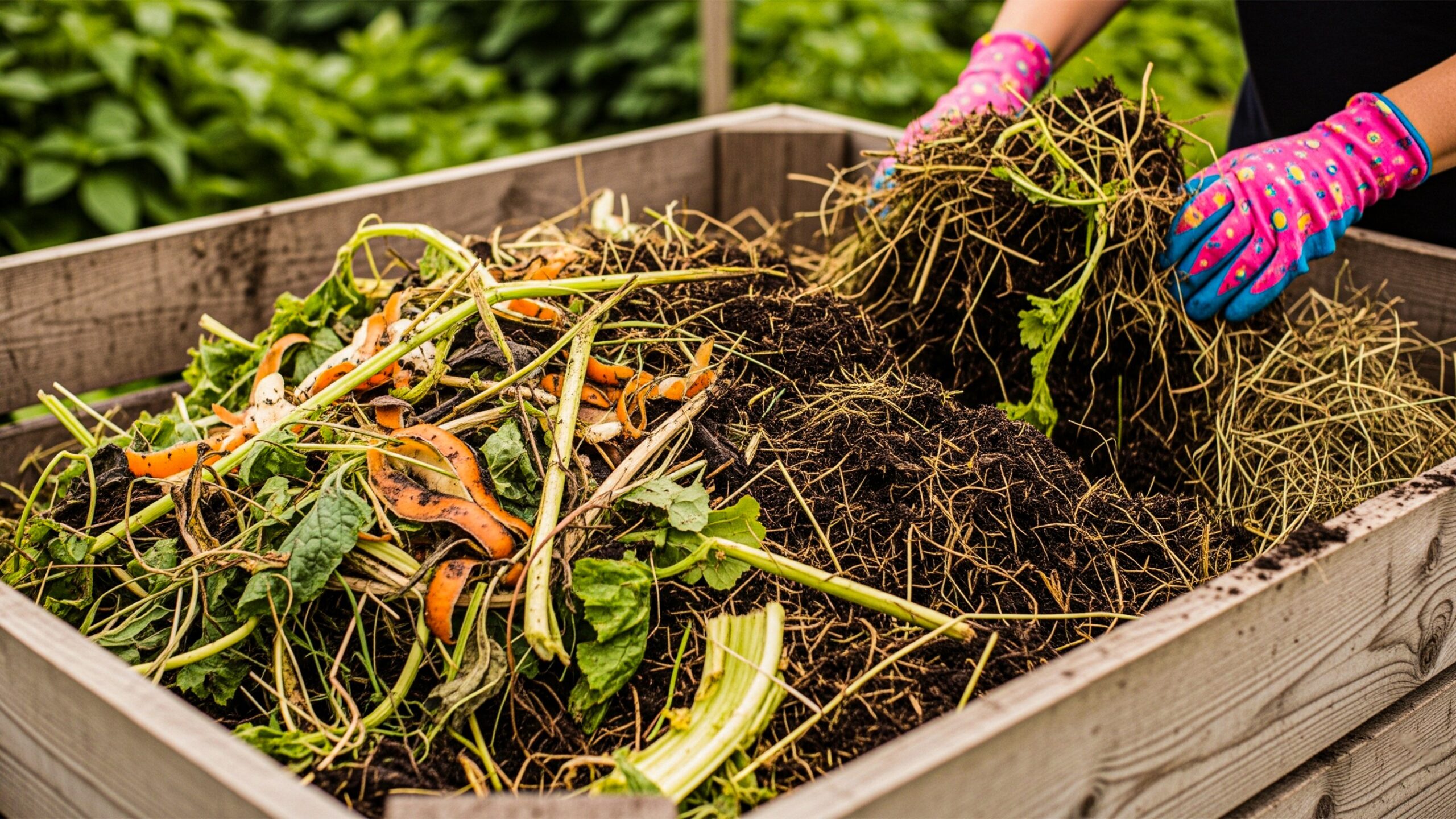The Most Innovative Use of Agri Waste Every Farmer Should Know
Farming doesn’t just produce crops—it also generates a
huge amount of agri waste such as husks, stalks, peels, and leaves.
Unfortunately, much of this waste is burned or discarded, which leads to air
pollution, soil degradation, and wasted resources.
The good news? This so-called “waste” can
actually become a valuable resource for farmers. By reusing crop residues in
innovative ways, it’s possible to improve soil fertility, save water, cut down
on input costs, and move towards more sustainable farming practices.
Here are some of the most effective and eco-friendly methods to turn agricultural waste into agricultural wealth.
Mulching with Crop Residues
Instead of burning crop stalks or leaves, they can be used as mulch to cover the soil.
Benefits of mulching:
- Reduces water evaporation and saves irrigation costs
- Suppresses weed growth naturally
- Maintains soil temperature for healthier crops
Gradually improves soil fertility
Composting for Organic Fertilizer
Fruit peels, sugarcane bagasse, crop residues, and similar waste can be converted into compost, creating a natural, nutrient-rich fertilizer.
Benefits of composting:
- Enriches soil with essential nutrients
- Enhances water retention in the soil
- Reduces reliance on expensive chemical fertilizers
Improves crop yield in the long run
Biochar for Soil & Irrigation Efficiency
Biochar, made by heating agri waste under controlled conditions, is increasingly being recognized as a game-changer in soil management.
Benefits of biochar:
- Boosts soil fertility and microbial activity
- Increases water-holding capacity in dry or sandy soils
- Helps filter irrigation water, reducing clogging in drip systems
- Locks carbon in the soil, reducing emissions
Zero Tillage Cultivation
Zero tillage leaves crop residues on the field as natural ground cover instead of plowing them under.
Benefits of zero tillage:
- Preserves soil structure and prevents erosion
- Reduces fuel and labor costs
- Maintains soil moisture, reducing irrigation frequency
- Works perfectly with micro irrigation systems for maximum water efficiency
Energy from Agri Waste
Residues such as husks, shells, and stalks can also be used to generate biogas or bio-energy, providing farmers with a renewable source of power.
Benefits of waste-to-energy:
- Cuts down on electricity and diesel costs
- Provides clean, renewable energy for irrigation pumps
- Supports energy self-sufficiency at the farm level
- Reduces carbon footprint and promotes sustainable agriculture
Moving Towards Smarter Farming
With water becoming scarce and input costs rising, sustainable farming solutions are no longer optional—they’re essential. Techniques like mulching, composting, biochar application, and zero tillage allow farmers to:
✔ Conserve water ✔ Reduce expenses ✔ Improve soil health ✔ Increase productivity
By combining these innovative farming practices with efficient irrigation systems such as drip, sprinkler, or micro irrigation, farmers can make the best use of available resources while ensuring long-term profitability.
At Bhumi Irrigation, the mission is to support farmers with efficient irrigation systems and practical solutions that make farming both productive and sustainable.

